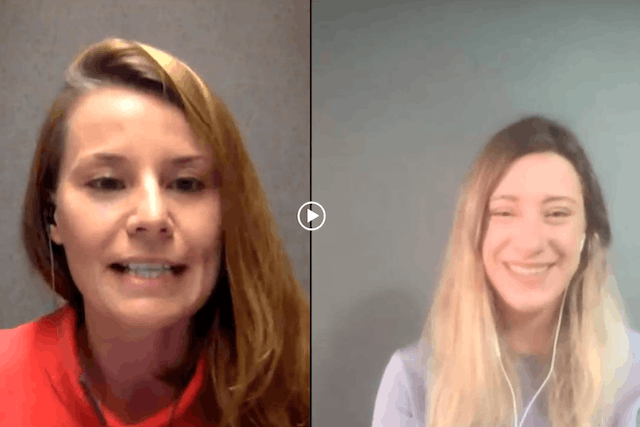By feeding months’ worth of public data related to mobility and privileged health data, she is helping to train a model that will simulate and predict the impact of different measures on the health sector and the economy.
“For instance if we see we’re in a dangerzone it can be used to say we might come into a phase where things can become critical or go up again,” Veiber said.
While no crystal ball, the Reborn project is one of a number to emerge from collaborations within Luxembourg’s research and science community thanks to funding from the national research funding body, the FNR.
A more advanced version of the model is expected to be made publicly accessible in future.
Veiber, whose background has been mostly working with industrial data, joined the task force a month after starting work at the University of Luxembourg’s Interdisciplinary Centre for Security, Reliability and Trust.
She said that working with health data during the pandemic showed the power of the problem-solving mindset applied through data science to a sector like healthcare.
“When working in a time of crisis, you really see the impact you have and follow what you do daily, which might not be the case if working on another subject,” she said.
Watch replay
Next Delano Live Chats:
16 September: The political situation in Luxembourg when Delano editor in chief Duncan Roberts speaks to Simon Gray of Vital Briefing.
23 September: Why “Green” and “good” funds are growing when desk editor Aaron Grunwald speaks to Denise Voss of LuxFlag about sustainable investing.
